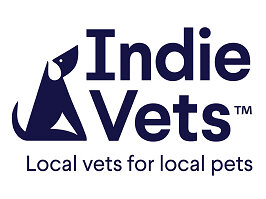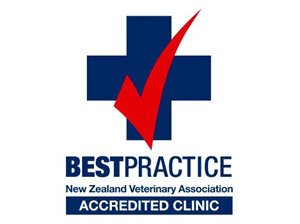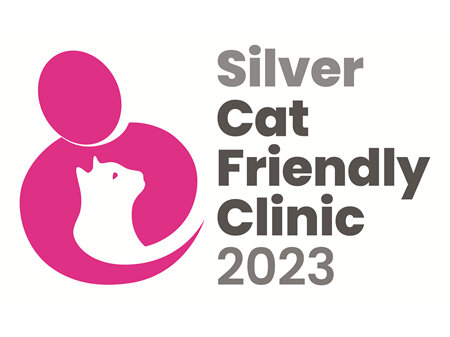Franklin Vets
Franklin Vets - excellence in veterinary care for dairy, farming, lifestyle, equine and household pets. BESTPRACTICE ACCREDITED NZ.
Your account is powered by Storbie. To edit your profile visit my.storbie.com
Your account is powered by Storbie. To edit your profile visit my.storbie.com

There are numerous pathogens that can cause scouring in calves – multiple viruses, protozoa and bacteria. Diagnosis relies on isolating these organisms through samples sent to the lab. And depending on the culprit there may be specific treatments that speed up recovery and prevent spread. Diagnosing the cause is extremely important to make decisions for the rest of the mob. However, it isn’t particularly helpful for a calf that is already in distress and requires immediate treatment.
So, what can we do for these animals?
Scouring calves very quickly become dehydrated. This leads to their blood volume decreasing, poor circulation and then multiple organ failure due to decreased perfusion. So, this is what needs correcting.
Assessing the degree of dehydration is therefore crucial in determining what treatment is required. Any calf that is weak, has a poor suck, a notable gap between its eyeball and socket, skin that is slow to return when it is pinched, and tacky or dry gums is severely dehydrated. Just like people in this situation, they require IV fluids.
Setting up a sick calf on a drip is relatively straightforward. A needle or catheter can be placed in the leg or jugular and a bag of fluid run in over about 20 minutes. This helps to rapidly improve blood volume, and importantly there are also a lot of essential ‘goodies’ added to the fluids. These additions correct electrolyte imbalances, restore the acid-base balance and provide energy.
IV fluids will make the prognosis much better, but on their own won’t be enough to ‘fix’ the calf, so they need to be followed with oral fluids. Good options are Diarrest, Enerlect and Revive.
All scouring calves will have inflammation and should also be treated with Metacam. Antibiotics on the other hand aren’t always beneficial, and can actually make gut function worse, so shouldn’t be administered without advice from a vet. Dehydration results in reduced blood flow to the skin, so ideally any drugs should be administered after giving fluids, and also IV if possible (not penicillin!) And don’t forget these young weak animals are going to struggle to regulate their body temperature, so a nice clean and warm rest bed is also what the doctor orders.
Dr Danielle Thomson – Farm Vet & Branch Manager, Paeroa
Franklin Vets - excellence in veterinary care for dairy, farming, lifestyle, equine and household pets. BESTPRACTICE ACCREDITED NZ.



